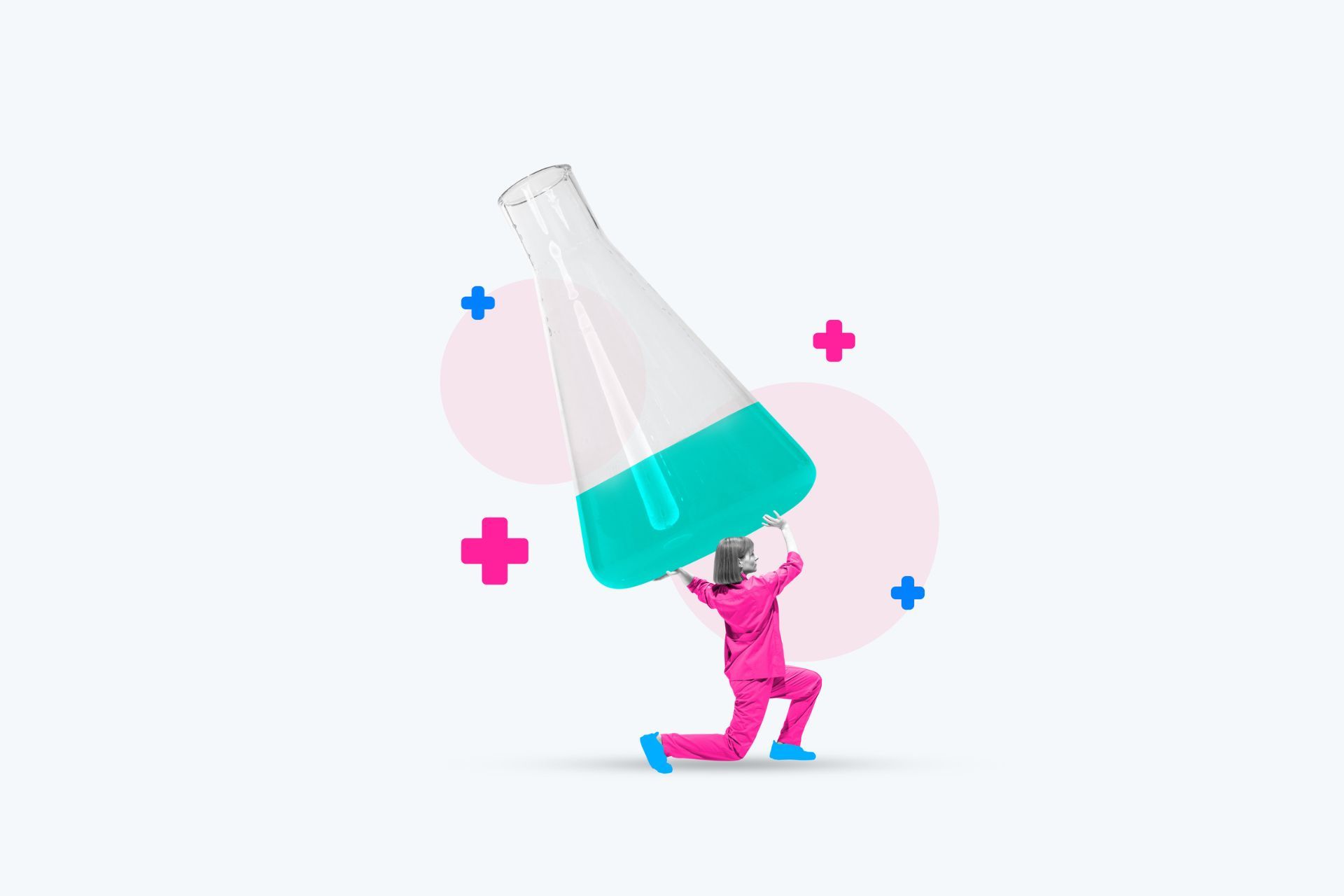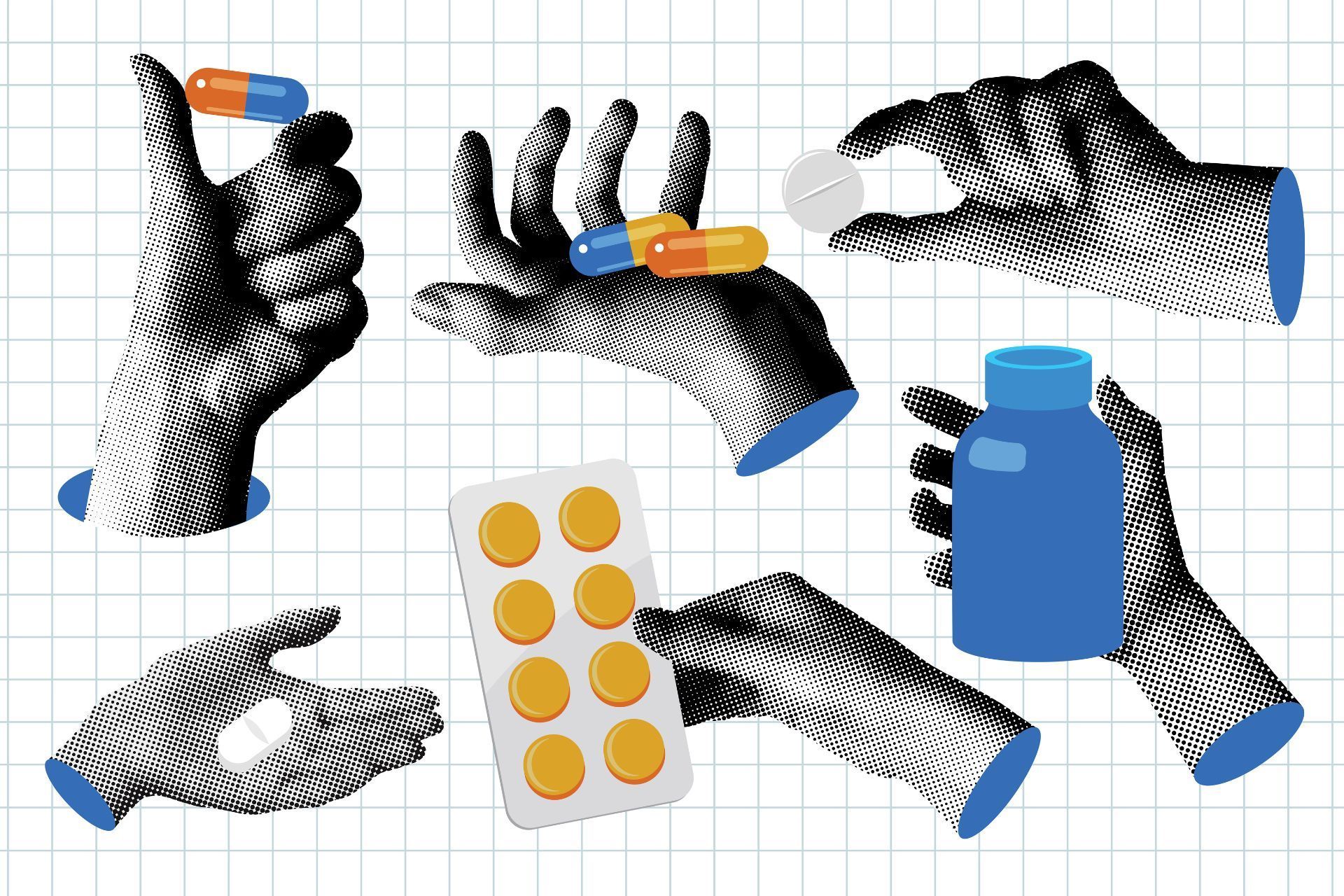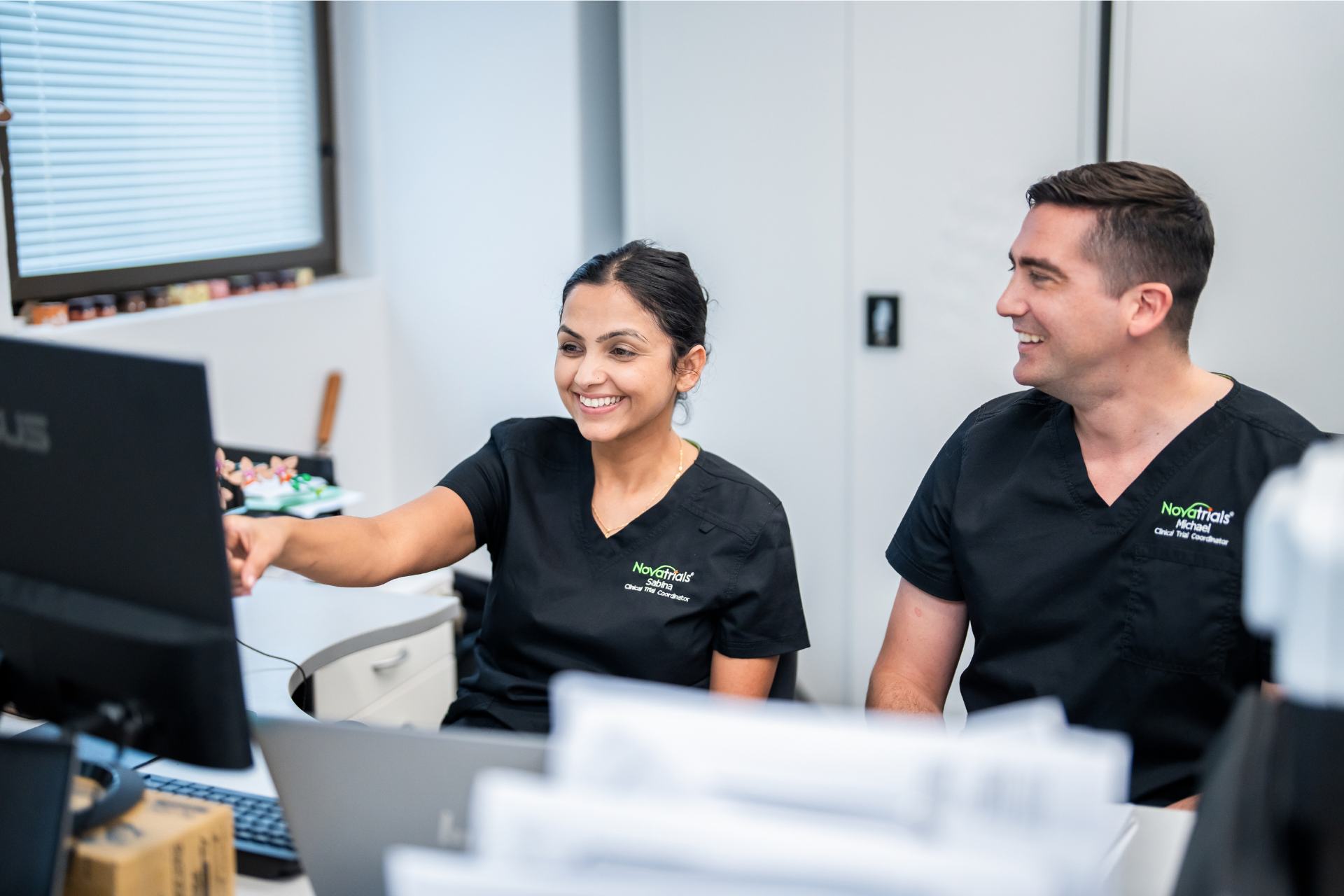What is a Clinical Trial?
16 December 2024
What is a Clinical Trial?
Have you ever wondered how doctors know which medicines actually work? Or how they figure out if a new treatment is safe? The answer lies in something called a clinical trial – and it's one of the most important processes in modern medicine.
Think of it Like Testing a Recipe
Imagine you've invented a new recipe for chocolate biscuits. Before serving them at a school fête, you'd want to test them first, right? You might try them on your family, then perhaps your neighbours, making sure they taste good and don't disagree with anyone. Clinical trials work in a similar way, but instead of testing biscuits, researchers are testing new medicines or treatments.
What Exactly Happens in a Clinical Trial?
A clinical trial is a carefully planned research study that tests whether a new treatment, medicine, or medical device is safe and effective for people. These studies follow strict policies and guidelines (rules) and are monitored by independent ethics committees to ensure participant’s safety, rights and wellbeing is always the top priority.
There are different phases of clinical trials. Early phase clinical trials (referred to as Phase I) test a new treatment on just a small group of volunteers to check it's safe. Later phase clinical trials (referred to as Phase II or III) involve larger groups of volunteers to see how well the treatment works compared to existing options. Think of it as gradually turning up the volume – starting quietly and slowly increasing as researchers become more confident.
Why Are Clinical Trials So Important?
Without clinical trials, we wouldn't have many of the treatments that help people today. From antibiotics that fight infections to vaccines that prevent diseases, nearly every medical breakthrough has gone through this rigorous testing process.
Clinical trials also help doctors understand which treatments work best for different types of people. What works brilliantly for one person might not be suitable for another, and these studies help identify those important differences.
Who Can Participate?
People from all walks of life can participate in clinical trials, but each study has specific requirements about who can join. Some trials need people with particular health conditions, while others recruit healthy volunteers. Researchers always explain exactly what's involved, and participants can leave the study at any time if they change their mind.
The Bottom Line
Clinical trials are the foundation of safe, effective medical care. They're how we move from "we think this might work" to "we know this treatment helps people." While the process might seem lengthy, this careful approach ensures that when your GP prescribes a medicine, you can trust it's been thoroughly tested and proven to work.
Next time you take a paracetamol for a headache or get a vaccination, remember – clinical trials made that possible.





